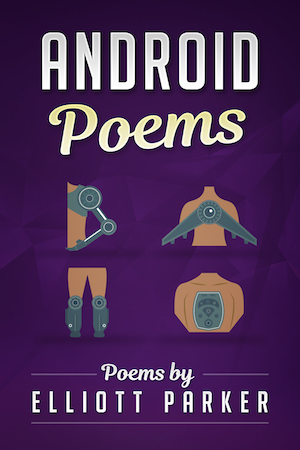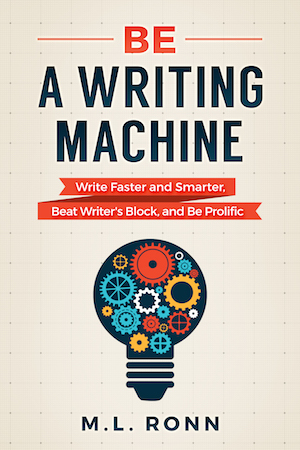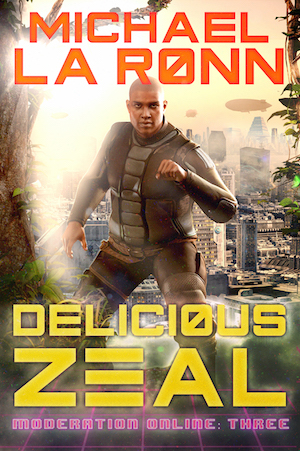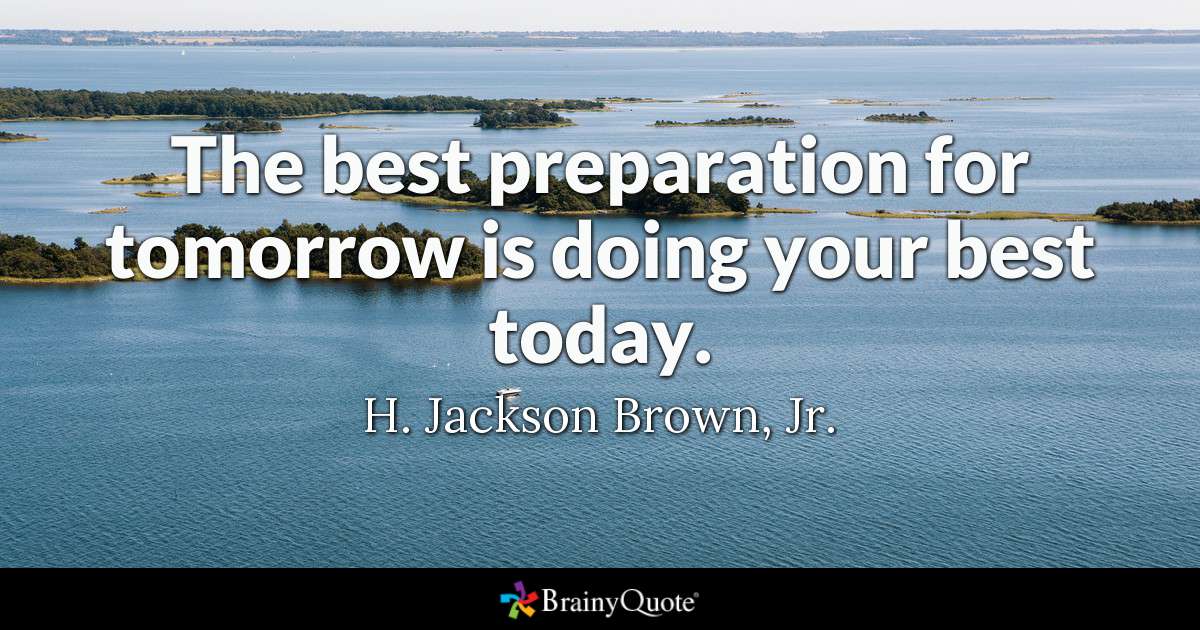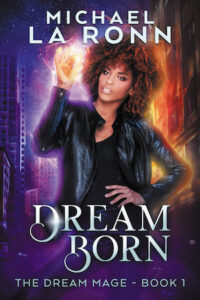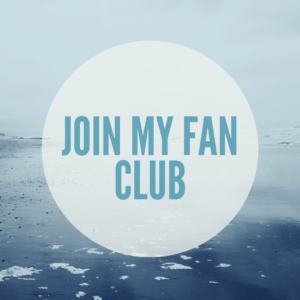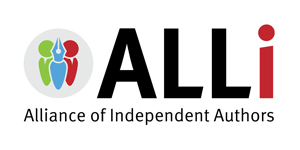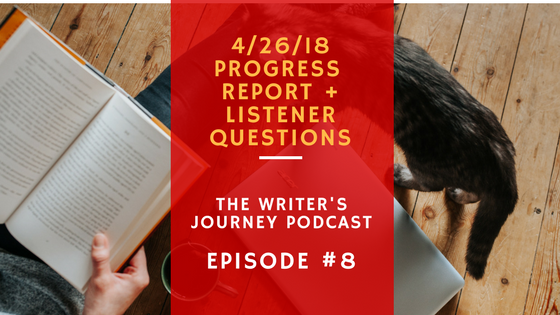
Ep 8: 4/26/18 Progress Report
This week's episode is sponsored by Indie Poet Formatting! National Poetry Month concludes with an essential book for poets who want to take their career into their own hands.
The poet's guide to formatting poetry for ebooks and paperbacks. A step-by-step manual on creating beautiful digital poetry collections.
Buy it today: http://www.michaellaronn.com/indiepoetformatting
SHOW NOTES
Quick overview of this week's show:
- Update on progress for my Sound Mage Sonata urban fantasy series
- Two new podcast interviews, a new patron, and listener questions
- Special surprise!
Sound/Music Credits for this week's episode
Intro/Outro Music: “Kick. Push” by Ryan Little.
Sound Effects/Miscellaneous Credits:
In the Country by High Arches: http://freemusicarchive.org/music/Josh_Armistead/Home_recordings_Vol2/Josh_Armistead_-_Home_Recordings_Vol_2_-_03_In_The_Country
Needle Skip by ZE Sound Research Inc: https://freesound.org/people/ZeSoundResearchInc./sounds/117512/
Keyboard Sounds 2 by philip1789: https://freesound.org/people/philip1789/sounds/260005/
Censor Beep by Mattskydoodle: https://freesound.org/people/mattskydoodle/sounds/195116/
Vomiting by Vikuserro: https://freesound.org/people/vikuserro/sounds/246308/
Awe Whistle by Inspector J: https://freesound.org/people/InspectorJ/sounds/411924/
Applause 2 by Sandermotions: https://freesound.org/people/Sandermotions/sounds/277021/
Drum Roll, Please! By HoBo Trails: https://freesound.org/people/HoBoTrails/sounds/424927/
Sound effects courtesy of Freesound.org.
TRANSCRIPT
Hello, and welcome to episode 8 of the podcast.
Writing News
I’m still making progress on The Sound Mage Sonata series, so no major updates to report right now, other than that it’s coming along nicely and I’ll have some material to share with you very soon. For some more background on the research I’m doing on the series, be sure to check out episode 3 at www.michaellaronn.com/episode3.
Also, my dark fantasy series The Last Dragon Lord will be coming to audio.
I signed a deal with narrator Miles Meili. We just wrapped production on Book 1 and Book 2 will go into production around the middle of May. I can't wait to share it with you guys.
Marketing News
I recently appeared on the Anchor Coming Soon Podcast. Anchor is a social media platform for podcasting that is doing some really cool stuff things in the audio space. I sat down with Brendon Bigley at Anchor and we chatted about The Writer’s Journey Podcast. I'll drop a link in the show notes. I was featured on the front page of the app and I got some incredible exposure for the show.
How I did it: Anchor put out a request for people to create Coming Soon podcast trailers and they invited people to email them with their show ideas. I did exactly what they asked: made a quick pitch trailer, and I got their attention! It really was that simple. Shout out to Brendon, John, and Bryan at Anchor for providing me with this great opportunity.
I also did an interview with Russell Anderson-Williams of the Creative Action Takers podcast. That was a fun interview, too. We don’t talk just about writing—we talk about the overall act of creativity.
New Patrons on Patreon!
That’s it for news this week. I want to give a shout out to my new patron: Cariad Eccleston. Cariad has been following me for a while since back in my YouTube days, and I appreciate her support. She’s a fellow author working on her first novel and she’s got a really cool blog, so I’ll drop a link to her website in the show notes. Thank you, Cariad!
Listener Questions
And as luck would have it, our new patron also happened to ask two questions!
What outlining method do you use?
Great question, Cariad! I’ve used every outlining method you can think of: Hero’s Journey, Plot Point Theory, Snowflake Method, etc. These days I use the Writing into the Dark method by Dean Wesley Smith.
Essentially, you write without an outline and make up the story as you go. Not something I’d recommend for someone on their first book or two, but it’s an advanced storytelling method authors can aspire to.
On my YouTube channel, Author Level Up, I did a video called “How to Outline a Novel in 10 Different Ways.” I recorded this back in 2015, but it’s a good resource. In the video, I go through every major method of outlining and talk about the pros and cons of each. I’ll drop a link in the show notes.
How long do you outline for before starting a draft? (I’m working on my first novel, and been outlining/plotting for *months*. Oh boy, I have to believe it gets faster than this.)
I don’t outline anymore, but when I did, I was outlining in about 2-3 days prior to writing my novel. My very first novel took me four to five months to outline. It gets faster. Eventually, you don’t even need to outline. When you write your next novel, apply the lessons you learned from outlining the first time around and you’ll be surprised how much less time it takes. It should get exponentially faster with every novel you write. Great question!
The Podcast Now Has a Sponsor
And I have one final thing to talk to you guys about.
I also got…drum roll, please, a first sponsor for the show!
I’m only 8 episodes in, and I’m already making it rain.
That Anchor interview I did really opened some doors for me. A listener of the show reached out to me via email, and he offered to pay me two thousand dollars if I would advertise his business. I couldn’t turn this away. I have bills to pay!
Plus, this guy owns a really ritzy restaurant. I think it’s in Colorado or Wyoming or somewhere. I don’t even think two thousand dollars would buy me a napkin at this place. Seriously, it’s that lavish.
He sent me the script this morning and I haven’t had a chance to read it, but I know it’s going to be good, so I’m going to wing it. Here we go.
[CUE COUNTRY MUSIC]
This week’s episode is sponsored by Chesapeake of the West.
Say it with us: decadence. Decadence. After a hard day at work, you deserve the finer things in life. Stop by Chesapeake of the West, where we offer the finest selection of the best oysters the Rocky Mountains have to offer. These spring water oysters are raised under the big sky, and they’re GMO and gluten free!
Gulf of Mexico? Step aside.
The REAL Chesapeake Bay? Get outta here!
Don’t let the naysayers fool you—our pearls are the finest bull testicles money can buy…?
[Needle skip] [End commercial]
Rocky mountain oysters? Let me Google these [CUE KEYBOARD SOUNDS]…what the [expletive]? [Expletive], [Expletive], [Expletive]!!!!
QUOTE OF THE WEEK
“Success is no accident. It is hard work, perseverance, learning, studying, sacrifice and most of all, love of what you are doing or learning to do.” Pele
LINKS MENTIONED IN THIS WEEK'S SHOW
New Patrons: Cariad Eccleston – thank you so much!
Visit me on Patreon: www.patreon.com/michaellaronn
Anchor Coming Soon Interview: https://anchor.fm/comingsoon/episodes/The-Writers-Journey-e19duj
Creative Action Takers Interview: https://anchor.fm/creativeactiontakers/episodes/EP5-Michael-La-Ronn-and-the-cracks-in-life-e1b16n/a-a31ulv
Writing into the Dark by Dean Wesley Smith [AFFILIATE LINK]: https://amzn.to/2EVbVHP
How to Outline a Novel in 10 Different Ways [VIDEO]: https://www.youtube.com/watch?v=BhjRZ18JwpY

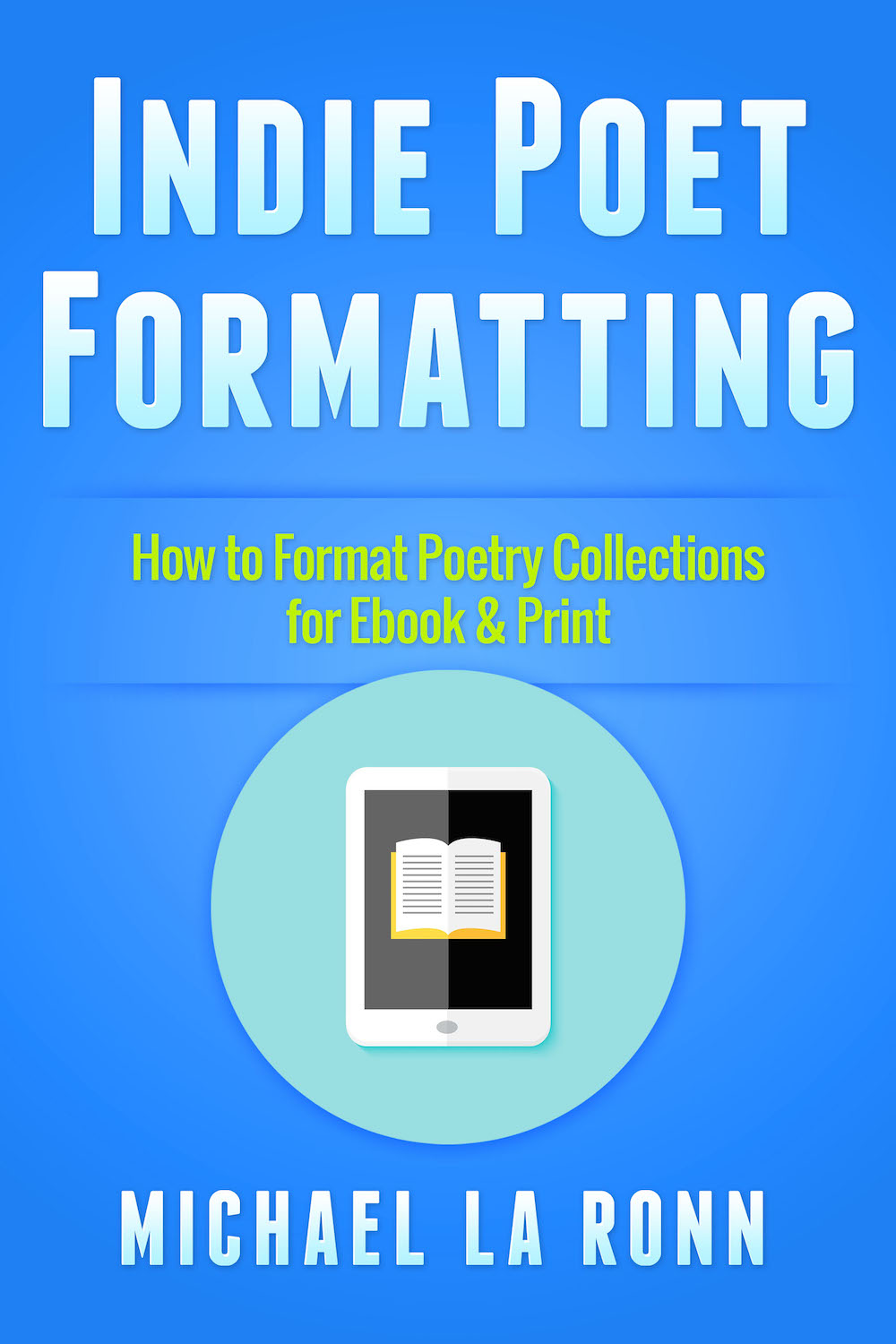

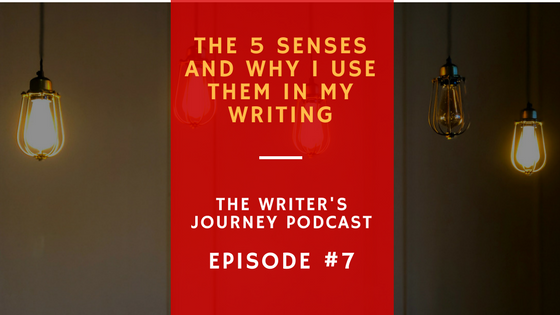
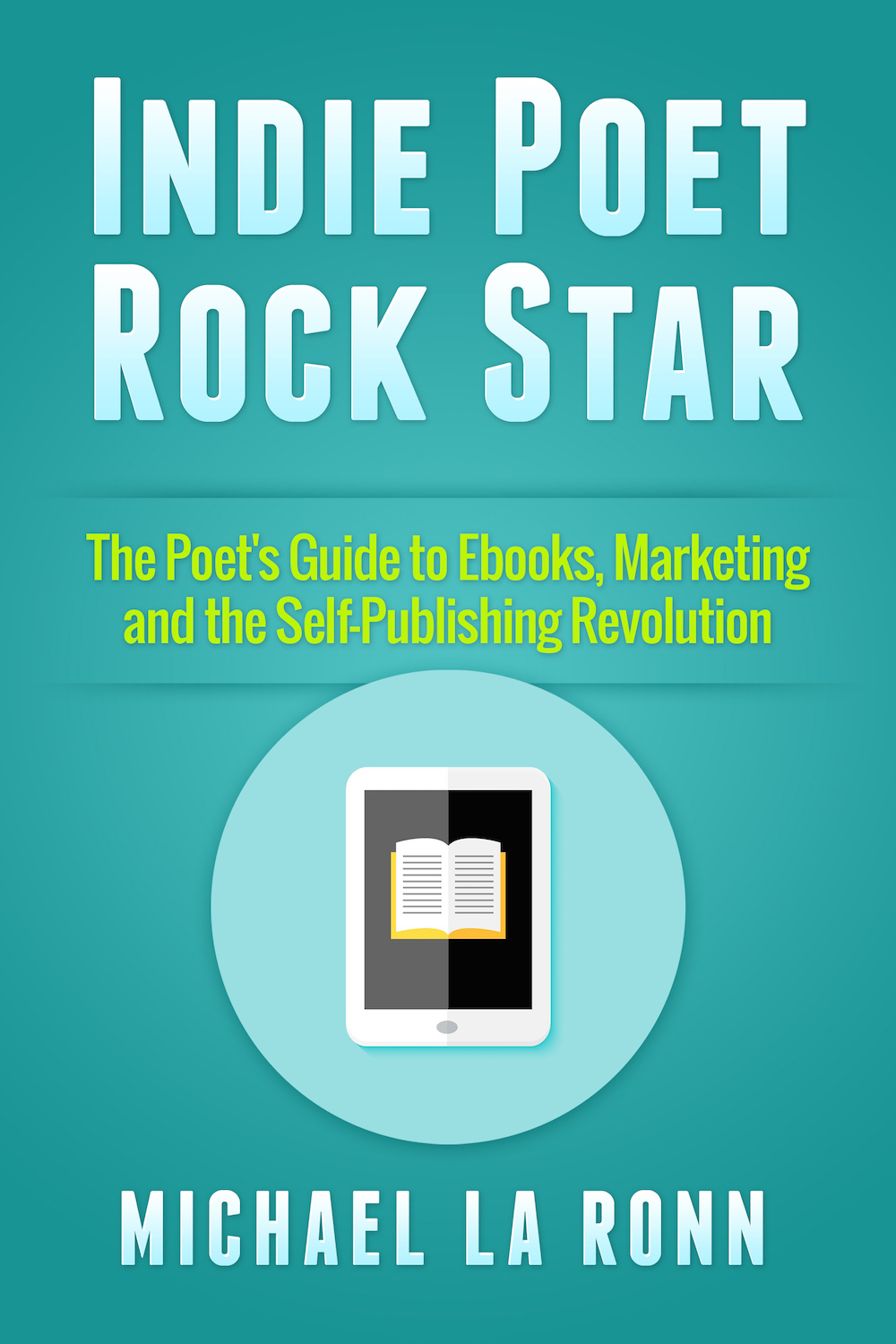
![WJ Ep 6: Car Trouble in the Middle of Iowa [from the Sketchbook]](https://www.michaellaronn.com/wp-content/uploads/2018/03/6.png)
